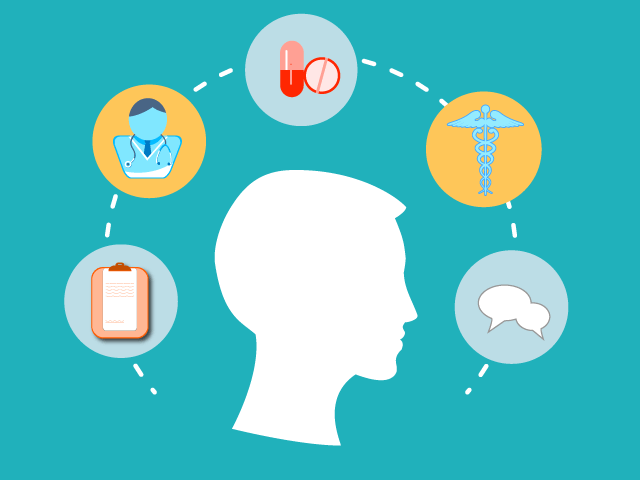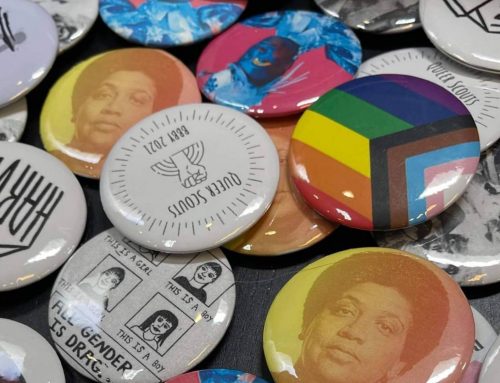Health Literacy Month reminds us how important it is to make sure health information is available and accessible to everyone so that we can take charge of our own health.
What Is Health Literacy?
Health.gov points to two kinds of health literacy. Personal health literacy is the level at which individual people are able to understand and use health information and resources to help them make medical decisions. Organizational health literacy is how organizations (like community health centers or hospitals) provide access to information and services people need to find, understand, and use when making health decisions for themselves and others.
Why Is It Important?
The more you know about your health and the resources available to you, the more you may be able to make better decisions for your health. Health literacy is more than just learning about specific illnesses or treatments. It also includes important tasks that may even seem simple, such as taking the correct dose of medicines or maintaining your medication schedule.
According to the National Library of Medicine, about nine out of ten adults struggle with health literacy. This could lead to poor health outcomes, from issues with managing life-long conditions to missing preventative steps like getting a flu shot every year.
[CPGI partner to add paragraph with importance to their target audience]
How Can You Improve Your Health Literacy?
The best place to start is by learning more about your own health from your health care provider.
● Ask them to explain words or diagnoses you’re not familiar with.
● Repeat the information back to them in your own words to make sure you understood what they said.
● Ask as many questions as you need!
If you don’t feel like you can ask your provider the questions that you have, you can request a patient advocate or speak to someone at the health center that you feel more comfortable with. It’s also helpful to bring a family member or trusted friend to your appointment. They can take notes for you and remind you of questions you wanted to ask.
In our digital world, there are also resources online that can help you expand your health literacy. It’s important to make sure they are from reliable sources. The National Library of Medicine and the All of Us Research Program put together informational materials and free online trainings you can use to improve your health literacy.
How Does the All of Us Research Program Promote Health Literacy?
The All of Us Research Program aims to build the largest, most diverse database of health information for researchers to use in their medical research. By studying data from a diverse group of people, researchers can learn more about what makes people sick or keeps them healthy. The initiative is key to advancing precision medicine, which is a branch of medical care dedicated to the customization of treatments, with medical decisions, therapies, practices, or products tailored to meet the unique needs of different individuals and communities.
If you join the All of Us Research Program by sharing your health information, the program will give you back details about your health facts. By being part of the program for a long time, you’ll have access to an ongoing record of your health. With this information, you and your health care provider can better understand your health history, which is important for diagnosing illnesses and choosing the right treatments. It will take a little time, but you may learn about your genetic risk factors for certain diseases. Knowing your risk may help you and your health care providers better prevent, prepare for, or treat those conditions. Also, by participating, you could be helping future generations have better health outcomes.
To learn more about the All of Us Research Program and see what you can learn about your health by participating, visit JoinAllofUs.org/Together.




